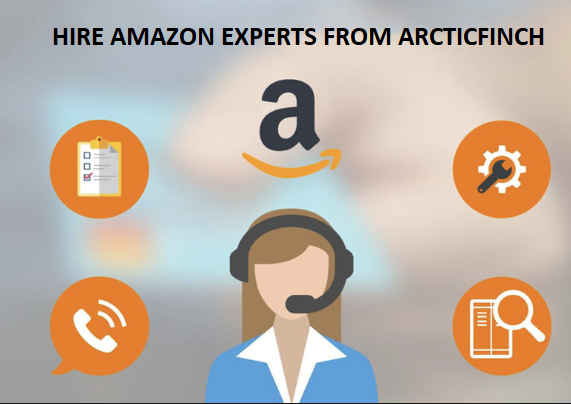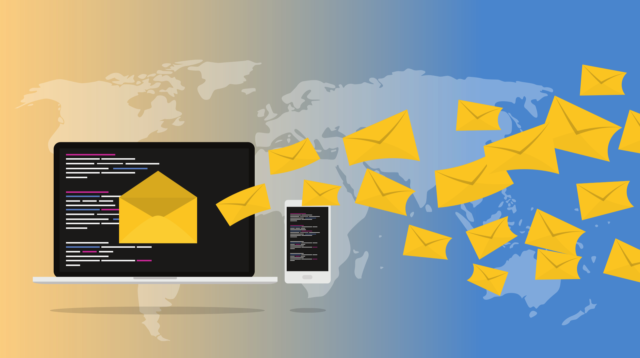What is Facebook Pixel?
Its a wonderful piece of code that is placed in the websites to track the conversions from Facebook ad campaigns, it allows to optimize the ads, build audience list for future ads and retarget with people who have previously visited your website after a previous ad campaign.
The Facebook tracks visitors who visit your websites using a cookie dropped in their machine while they use Facebook. This will help you target these audiences when your next ad campaign is run.
This analytics tool allows you to measure the effectiveness of your advertising by understanding the actions that people take on your website.
How does it help in the Facebook ad campaigns?
Once the FB pixel added in a website, it gives you all the critical information about the website visitors activities on the website. These are vital information when an ad campaign is set up, the Facebook Pixel is an unavoidable addon on any website if the ad campaign is planned for it. The information collected using the Pixel provides customer behavior, product demand, browsing pattern, etc. All these inputs will help you to create a successful Facebook ad campaign that will create more sales conversions.
How to create a Facebook pixel?
It’s very easy, just log into the Facebook account and then from the Ads Manager:
Go to the Pixel section
Click on ‘Create a Pixel’ and enter a name for the pixel
Click on ‘Install Pixel Now’
Copy the generated pixel code and place it on each page that you need to track. Different kinds of visitor actions can be tracked by adding “events” on that page.
Once you implement the pixel base code in your website, Facebook will start to receive the following information from the website:
HTTP headers – Anything present in HTTP headers. HTTP headers are a standard web protocol sent between any browser and any server on the Internet. HTTP headers include IP addresses, information about the web browser, page location, document, referrer, and device.
Pixel-specific data – This data includes the pixel ID and the Facebook cookie present in the machine.
Button-click data – Includes any buttons clicked by site visitors, the labels of those buttons and any pages visited as a result of the button clicks. It also includes website form field names such as “email”, “address” and “quantity” for when you purchase a product or service. Facebook states that they don’t capture form field values unless you include them as part of advanced matching or optional values.
Page metadata – Includes page descriptions, tags, and keywords. This is the same data typically used by search engines and other web services to rank pages.
Why there are discrepancies when comparing the total number of visitors mentioned in other Analytics tools and Facebook pixel?
The number of pixel fires does not provide the statistics for equal unique visitors. Firing the pixel on every page allows you to build audiences and custom conversions off specific pages that people visit. Third-party analytics tools count unique sessions but Facebook counts pixel fires. If someone visits your website from their phone and desktop computer, or erases a cookie and refreshes the page, the third-party analytics will count two, whereas Facebook will count one. You may click here to know more about the differences in the visitors’ calculation methods.








